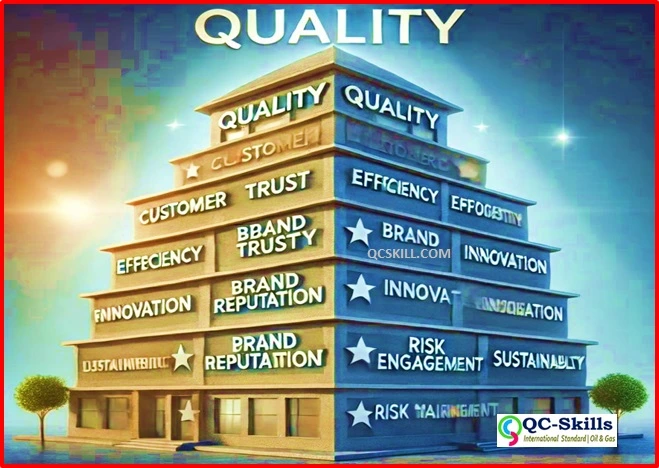
In today’s competitive landscape, prioritizing quality isn’t just about meeting standards or fulfilling customer expectations—it’s about shaping a sustainable future for your business.
The question “Y Not Quality?” asks us to consider the value of quality as a strategic priority rather than a mere operational task.
Here’s why embracing quality at every level can transform an organization and drive lasting success.
Key Reasons to Make Quality a Priority
- Customer Trust
Quality products and services build trust, making customers feel confident in their choice. Trust leads to loyalty and positive recommendations, creating a solid customer base that drives long-term growth. - Cost Efficiency
Quality doesn’t have to be expensive—in fact, it saves money over time. By prioritizing quality, companies reduce costly errors, rework, and wasted resources, ultimately improving profitability. - Strengthening Brand Reputation
Quality defines a brand’s image. Consistently delivering high standards differentiates you from competitors and establishes your brand as reliable and trustworthy. - Continuous Improvement and Innovation
Quality-focused organizations are better positioned to improve and innovate. Regular assessments reveal areas for enhancement, helping companies stay ahead and deliver better solutions. - Employee Engagement
Employees value a workplace that cares about quality. When they see their work has purpose and meets high standards, it boosts morale, motivation, and productivity. - Risk Management and Compliance
Quality is vital for meeting regulatory requirements and minimizing risks. Strong quality systems reduce compliance issues, avoid penalties, and ensure business stability. - Sustainability and Responsibility
Quality often aligns with sustainable practices. By reducing waste, conserving resources, and adopting ethical standards, businesses can contribute to a more sustainable future.
Final Thoughts: Why Not Quality?
Prioritizing quality enhances every aspect of business, from customer satisfaction and cost savings to innovation and brand value. Quality shouldn’t just be a goal but a guiding principle. So, why ask “why quality?”—instead, ask “why not quality?”






